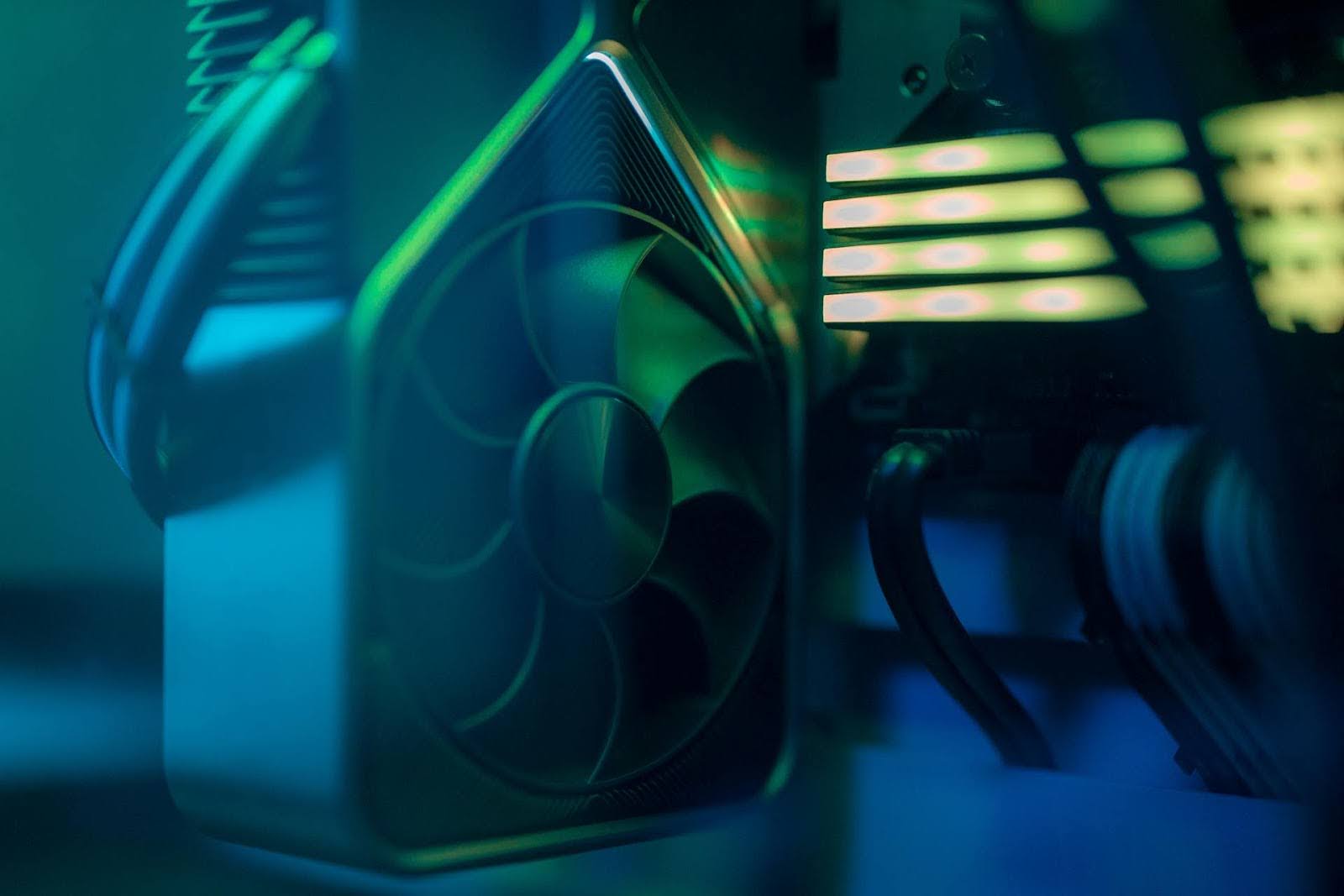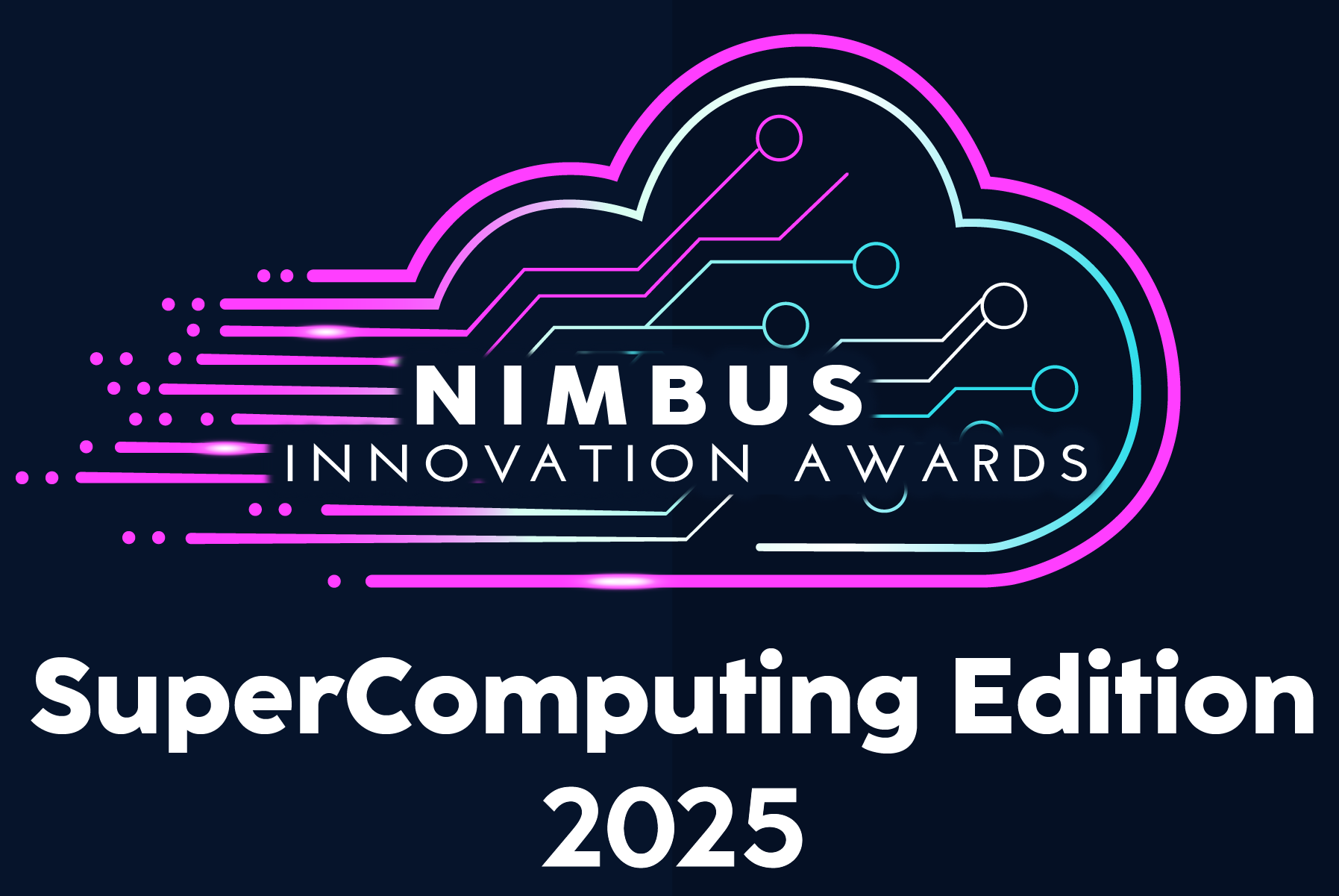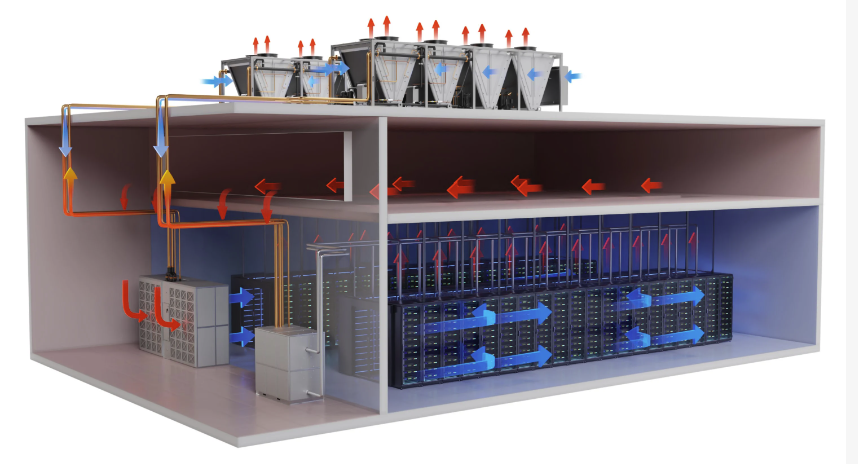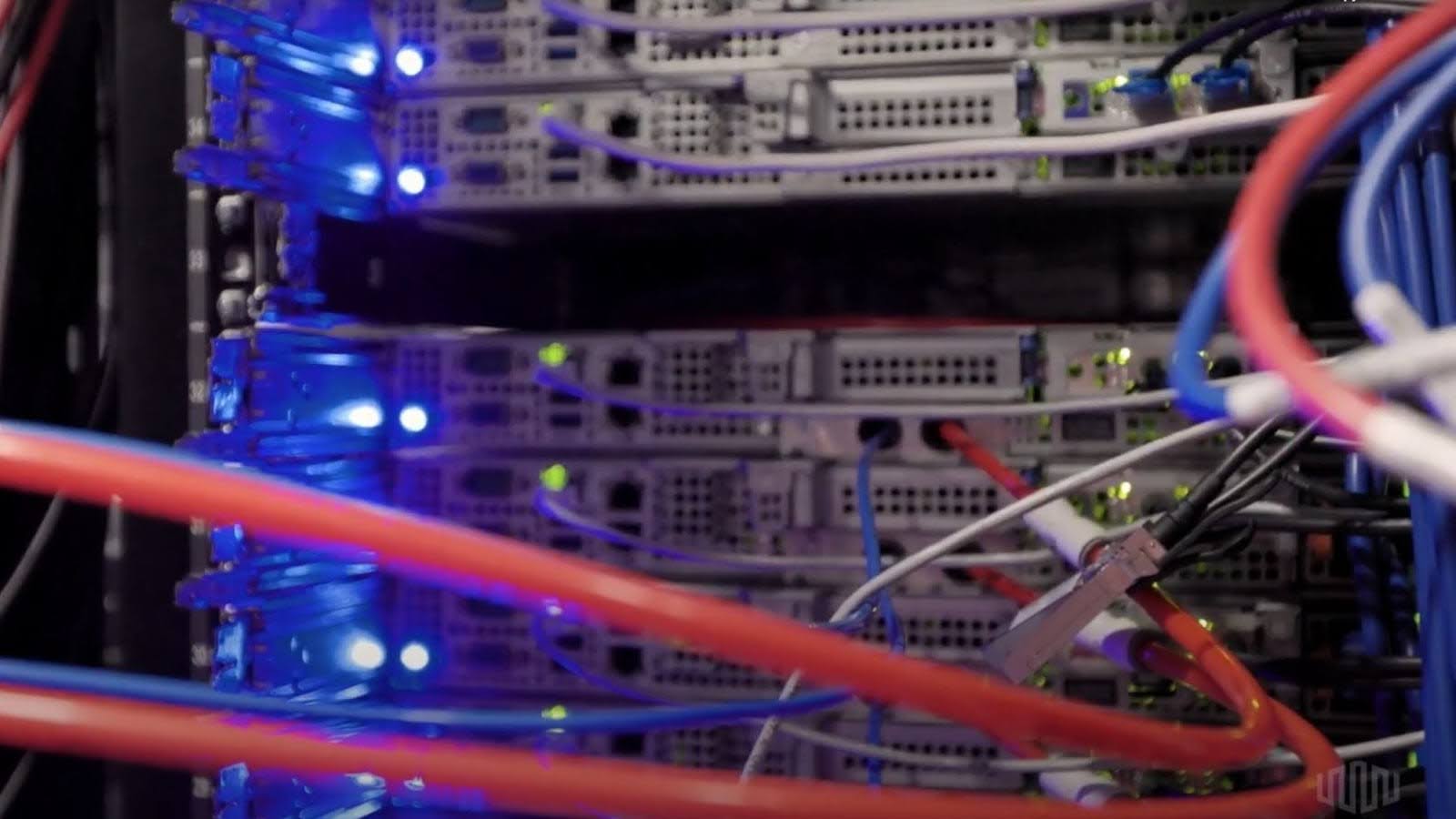2 min read
ZutaCore Wins “Best Supercomputing Cooling Innovation” at ISC 2025
It’s a wrap for the ISC High Performance 2025 Conference and Exhibition in Hamburg, Germany…..and ZutaCore® came home with the Gold! It’s HyperCool®...
3 min read
 Alison Deane
:
Oct 21, 2024 11:50:53 AM
Alison Deane
:
Oct 21, 2024 11:50:53 AM

As servers push the boundaries of power and processing, cooling systems must evolve to handle the heat. Traditional air cooling systems, which rely on large fans and airflow, struggle with the increasing demands of modern data centers.
AI factory operators have turned to liquid cooling as a more efficient and sustainable solution with clear advantages in terms of performance, cost, and scalability. It's time to evaluate a switch to liquid cooling and realize a substantial impact on data center ROI.
Air cooling has been the industry standard for decades, but as servers increase in power consumption—especially with the rise of AI and advanced GPUs like the NVIDIA Grace Blackwell Superchip that can push 2,800w—it’s becoming clear that air cooling alone is no longer sufficient. Air-cooled systems require large amounts of power, space, and infrastructure to maintain, and they often struggle to keep up with the heat output of modern servers.
A significant drawback of air cooling is its inefficiency. To maintain optimal temperatures in a data center, large fans, heat sinks, and airflow systems must run continuously. Not only do these systems take up valuable space, but they also require extensive energy use. With land and energy costs rising, data center operators are increasingly finding that air cooling provides diminishing returns. Data center ROI is affected as the cost to power and maintain these cooling systems grows, pushing operators to explore more sustainable alternatives.
Liquid cooling offers a more efficient and compact solution. Whether you're dealing with a few liquid cooled server racks or multiple whole AI factories, this method provides superior heat transfer compared to air cooling. Liquids absorb and dissipate heat much more effectively, reducing the need for massive airflow systems.
It’s important to differentiate between types of liquid cooled systems.
The system is equipped with independent sensors that continuously monitor the cooling process, ensuring that the solution is not only compact but also fully autonomous. There’s no need for bulky fans or heat sinks, which makes liquid cooling systems an easy win over bulky fans when it comes to space-saving and efficiency.
| FEATURE | AIR COOLED | LIQUID COOLED |
| Energy Efficiency |
Low (high power consumption for fans) |
High (reduces energy use by up to 80%) |
| Space Requirements |
High (requires large fans, airflow systems) |
Low (compact, no need for bulky infrastructure) |
| Maintenance |
Frequent (dust, wear on fans) |
Minimal (closed-loop system, low maintenance) |
| Risk of Leaks |
None (air-based system) |
Water-based systems: high; Waterless: none |
| Environmental Impact |
High (energy-intensive, carbon emissions) |
Low (sustainable cooling, reduces footprint) |
| Initial Cost |
Lower |
Higher, but provides long-term savings |
| Longevity/Scalability |
Limited (struggles with newer tech) |
High (scalable for high-powered GPUs and AI) |
Data center operators who are considering retrofitting their facilities or planning new construction projects need to prioritize cooling efficiency to maximize data center ROI. By transitioning away from legacy air cooling systems and adopting liquid cooling systems for GPUs and processors, operators can drastically reduce energy costs, increase server density, and improve overall sustainability.
ZutaCore’s HyperCool system provides the perfect solution for data centers looking to make this transition. With a liquid cooled approach that is waterless, non-conductive, and compact, HyperCool offers the best balance of efficiency, safety, and sustainability. It eliminates the risks associated with water-based cooling systems, such as leaks, while offering better performance than air-cooled alternatives.
With HyperCool from ZutaCore, operators can stop worrying about cooling system size, complexity, efficiency, and risk. Direct-to-chip liquid cooling is not merely the future of cooling for AI — it’s the solution for today.
Compact, energy-efficient, and equipped with sensors for real-time monitoring, HyperCool cold plates provide on-demand liquid cooling directly to the processor. Our system’s closed-loop design reduces the risk of leaks, while the absence of water near the servers ensures total protection of critical hardware.
By switching to liquid cooling solutions like ZutaCore’s HyperCool, data center operators can maximize their ROI. Contact ZutaCore to save energy, reduce costs, and future-proof your infrastructure for the demands of AI, HPC, and other next-gen technologies.

2 min read
It’s a wrap for the ISC High Performance 2025 Conference and Exhibition in Hamburg, Germany…..and ZutaCore® came home with the Gold! It’s HyperCool®...

1 min read
What do you get when you combine the best two-phase, direct-to-chip liquid cooling with world-leading energy-efficient air treatment and climate...

3 min read
As data centers grow to meet the increasing demands of AI, machine learning, and high-performance computing, legacy cooling solutions cannot keep up....